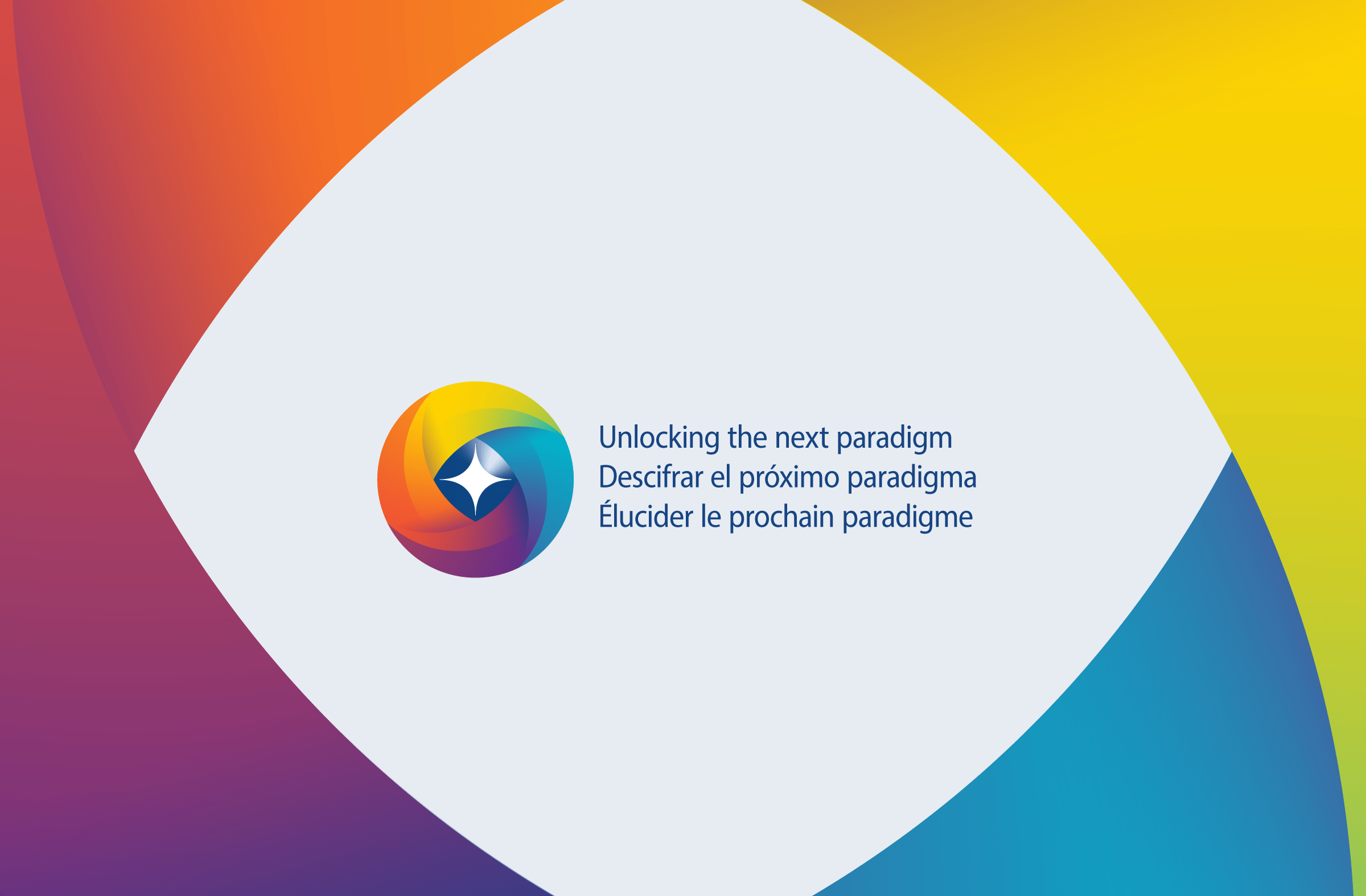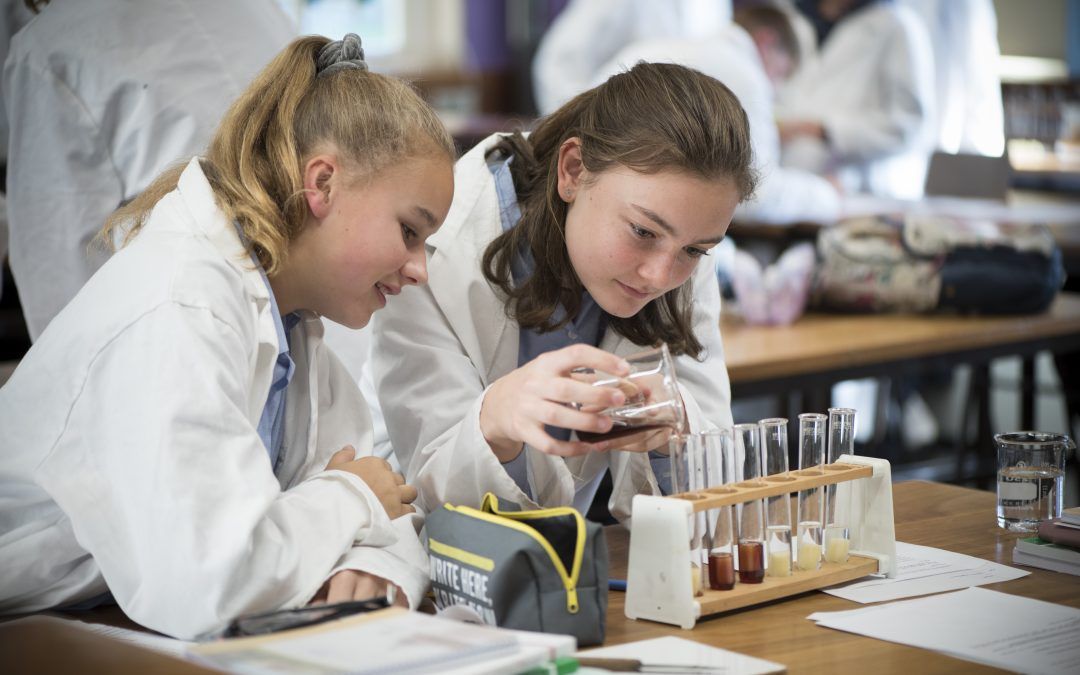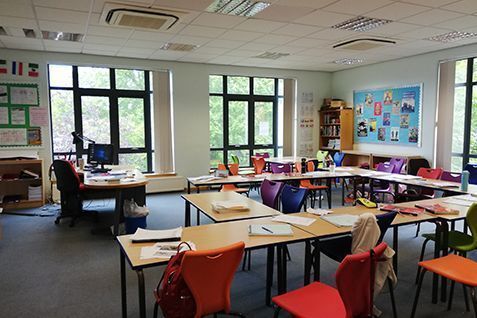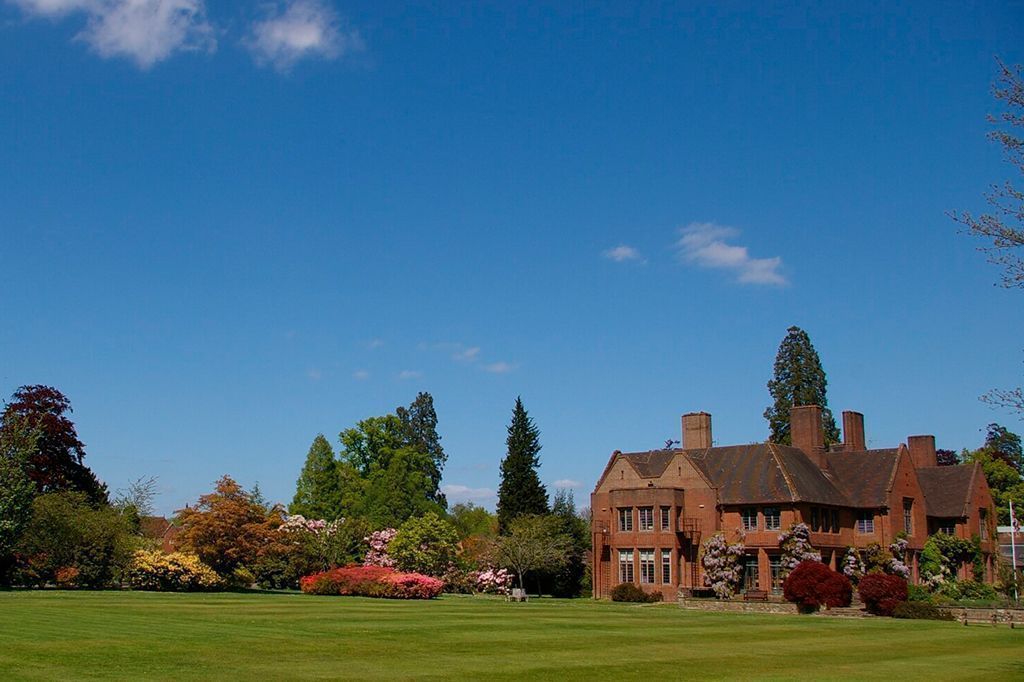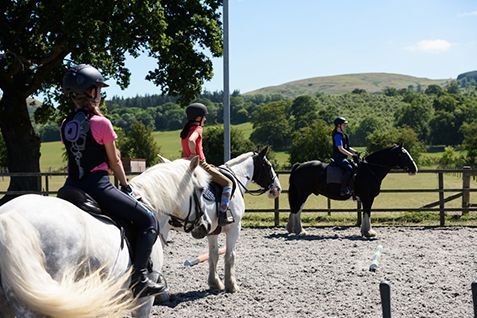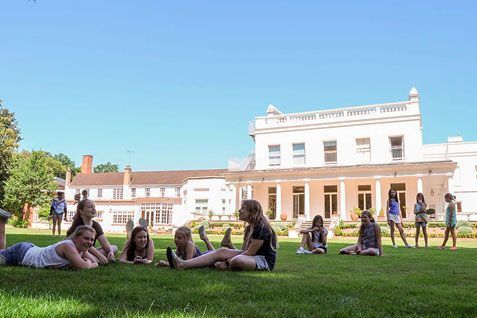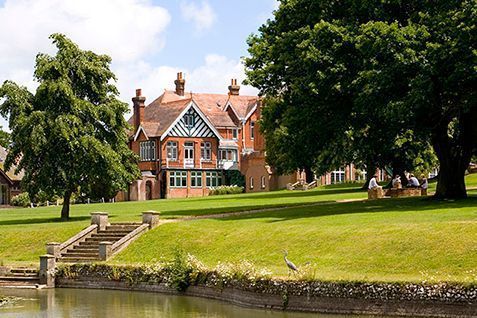The international baccalaureate
The IB programme also known as the International Baccalaureate (IB) is becoming more and more popular each year. A modern and futuristic programme, it holds great prestige among the best universities in the world. It is recognised by all British, North American and Spanish higher education institutions. Receiving a high score in the programme can earn you university credit, scholarships, and other university-related benefits.

The IB is well-known for the way it challenges its students. Pupils develop critical thinking in a global context, more investigational capacity that together with the skills that they gain during the programme, are unbeatable. All this is taught through a disruptive methodology in which a variety of subjects are offered within 6 thematic areas as well as the 3 core components that we will explain in this article.
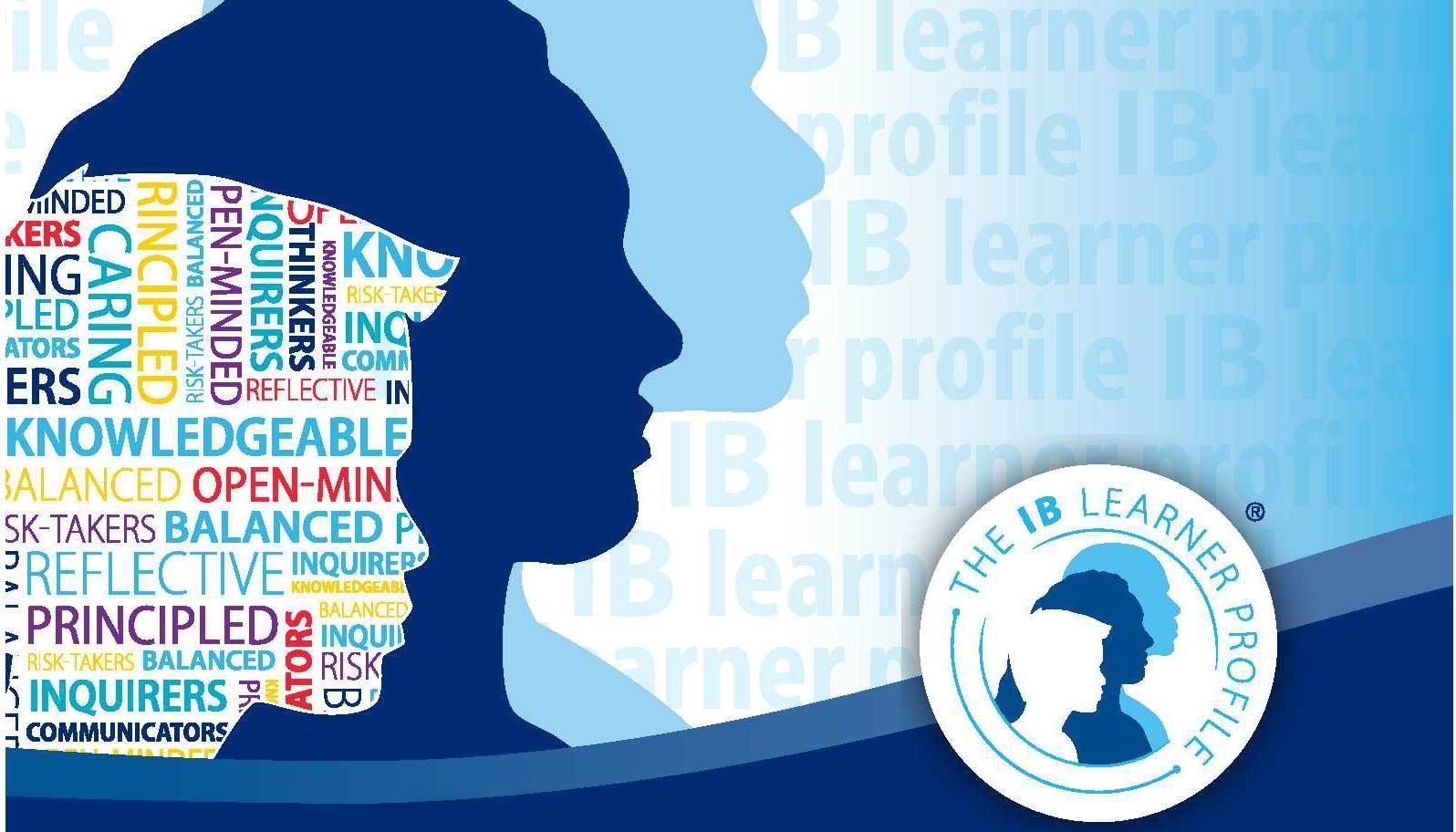
1. The history behind
The programme was founded in 1968 in Switzerland. Today more than 4,000 schools offer IB as part of their curriculums and between 2016 and 2020, the number of IB programmes offered in schools has increased 33%. It can be studied in English, French and Spanish.

2. What is the International Baccalaureate?
The International Baccalaureate is not just an education programme but aims to improve pupils’ knowledge and development throughout the two-year course.
Pupils study the programme content from an international perspective. During the course, students have to study 6 subjects: 3 at ‘Higher Level’ and 3 at ‘Standard Level’. The difference between studying a subject at Higher level (HL) or Standard Level (SL) lies in the number of hours dedicated to the subject: 150 teaching hours for Standard Level subjects and 240 teaching hours for Higher Level subjects.
To ensure a global education, students must choose subjects from the following six subject groups. That said, each school can offer wide range of different subjects in each group therefore, not every school has the same options. This is very important to remember when studying distinct IB programmes in different institutions.
- Studies in language and literature: normally studied in native language, however you can choose from over 80 languages
- Language acquisition: an additional language
- Individuals and societies: Geography, History, Economics, Business, Philosophy and Sociology.
- Sciences: physics, Chemistry, Biology, Design Technology and IT.
- Mathematics: there are four maths courses available for a range of needs, interests, and abilities.
- Arts: music, Art, Dance, a foreign language and Drama. Alternatively, you can instead choose an additional option from one of the other areas of study and not select one from this group.
In addition to these subjects, there are three core subjects that aim to broaden the educational experience of students and challenge them to apply their knowledge and skills:
- Theory of Knowledge (TOK): this offers students the opportunity to reflect about the nature of knowledge and the way we know what we claim to know.
- Extended Essay (EE): each pupil does an independent investigation about a topic that interests them that culminates in a 4,000-word essay.
- Creativity, action and service (CAS): throughout the program there are 7 learning objectives that must be met. Students participate in a variety of activities such as sports, volunteering, helping the community, or any type of art that involves creative thinking. The aim being that students reflect on their experiences and show evidence of having achieved the 7 learning outcomes (example: blog, video, photos, report, etc.)

3. The IB grading system
The programme is evaluated by points with a maximum of 45 points. For each subject between 1 and 7 points are awarded and 3 points are awarded for the 3 core subjects: CAS, Extended Essay and TOK.
From the 150,000 IB students per year, only 146 receive 45 points. The average points total is 30.07. To pass the programme, candidates must receive a minimum score of 24 points, or an average of 4 (C) points in their 6 subjects. The global pass rate is 80%.
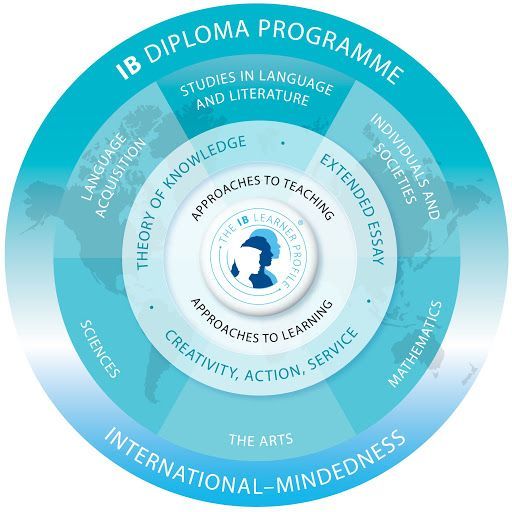
4. IB program: The benefits
The benefits for the student are numerous, but we have highlighted the following:
- Direct entry to prestigious world universities
- International vision
- Stimulates critical thinking
- Encourages the student’s research capacity
- Helps the student grow physically, intellectually, emotionally, and ethically.
- Autonomy: they direct their own learning
- Develop student maturity: the student has to think independently, become more culturally aware and organise their time effectively.

5. Studying the IB in the United Kingdom and university entry
Studying the International Baccalaureate in a boarding school in the UK is a very interesting choice for the academic and personal profile of the student.
- A score of 38 points in the IB Diploma is the equivalent of 5 As in the A-Level system.
- A score of 31 points in IB equals 3 As and 1 B at A-Level, a sufficient score to gain a place at most universities.
- Nowadays, The Universities and Colleges Admissions Service (UCAS) deems IB grades are more highly valued than A-Levels.
Studying IB at an elite boarding school in the UK is a truly unique experience for a multitude of reasons. Not only is the quality of teaching incredible, but you also benefit from smaller classes which allows you to have a very active role in class and in your learning. The multitasking required for the programme comes naturally to a boarding school pupil as you have a constant flow of activities, classes and extracurriculars and adapt to what’s required very quickly. The IB programme can also overlap with other parts of your life in a boarding school. For example, the CAS section of the diploma can involve your extracurricular activities, sport or Duke of Edinburgh programme to name a few.
IB prepares you perfectly for university which in conjunction with the independence you gain at a boarding school, makes you a strong candidate for any university of your choice. In fact, IB graduates are 21.4 per cent more likely to be admitted into 10 of the US’ most prestigious universities, including Harvard, Princeton, Yale and Stanford. Universities in the US require applicants to prove they’ve mastered independent study, time management, critical thinking, and research skills. These are all key skills in the IB programme and prepare students perfectly for all aspects of university life.

